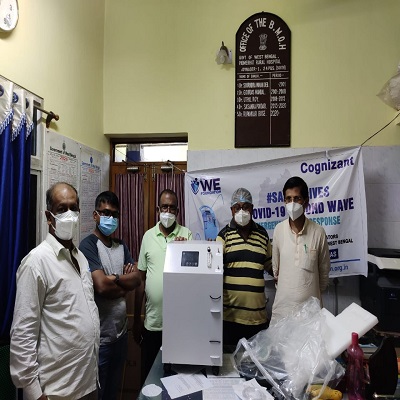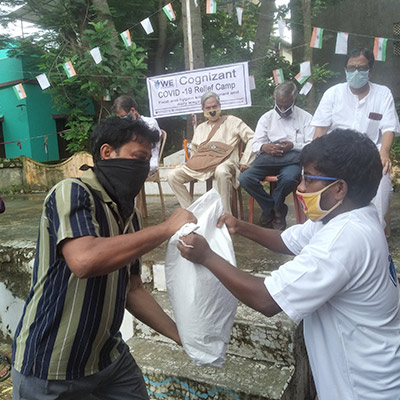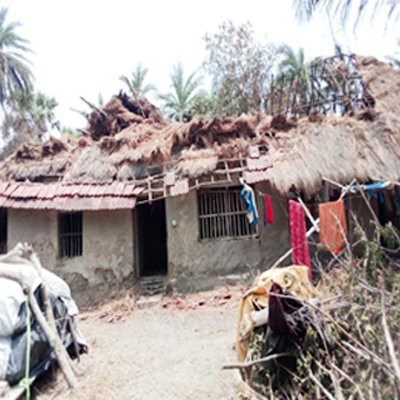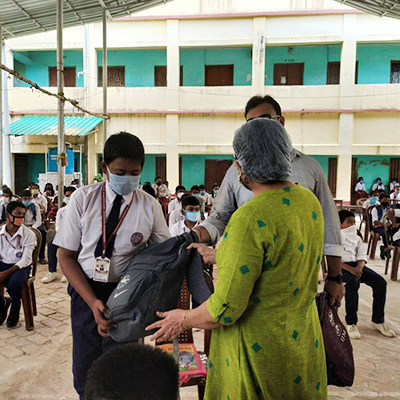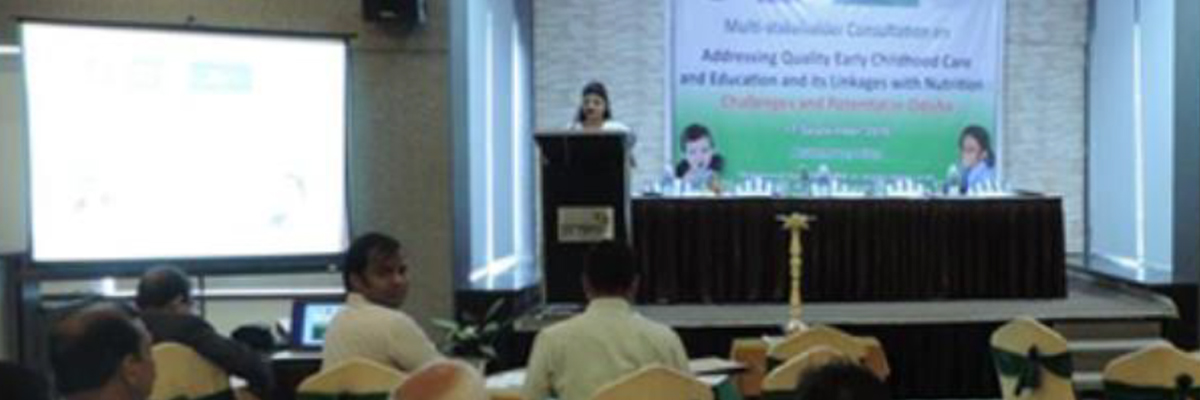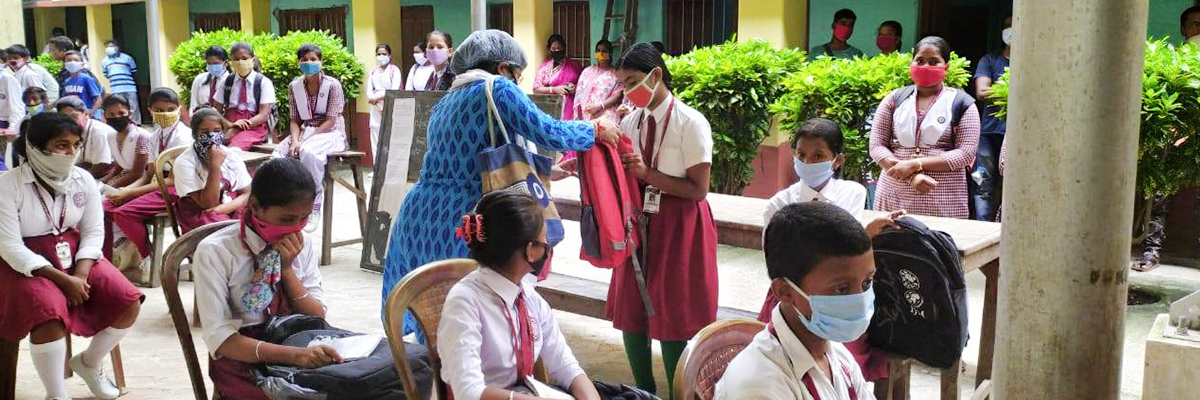Every year since 2008, the world has become less peaceful. From climate-related disasters to long-lasting conflicts and insecurity.
we witnessed a rise in the scale and frequency of humanitarian crises, increasing the number of vulnerable people, displaced, at risk or in need of assistance.
In Syria, Yemen or South Sudan, conflicts continue to threaten and destroy the lives of millions of women, men and children, trapping them in a vicious cycle of violence, poverty and inequality.
Hunger is again on the rise, reversing years of progress. the we foundation is always helping the poor and homeless people by providing flood relief essential things for those who’s affected by the flood or disaster .
The number of climate-related disasters has tripled in 30 years, causing harm and suffering to communities across the globe.
By the 2030s, large parts of Southern, Eastern and the Horn of Africa and South and East Asia will experience greater exposure to droughts, floods and tropical storms.
Let’s look at the numbers
- Overall, more than 132 million people across the world need humanitarian assistance and protection as flood relief.
- One-third of the world’s poor live in fragile and conflict-affected countries. By 2030, this share is likely to grow to one-half.
- In 2019 the number of people who have been forced from their homes by war and persecution reached 68 million – the highest number since World War II.
- The number of people going hungry worldwide is growing, reaching 821 million in 2018.The number of people going hungry worldwide is growing, reaching 821 million in 2018.
- On average, 14 million people reported newly displaced by extreme weather disasters each year over the period 2008-2016




